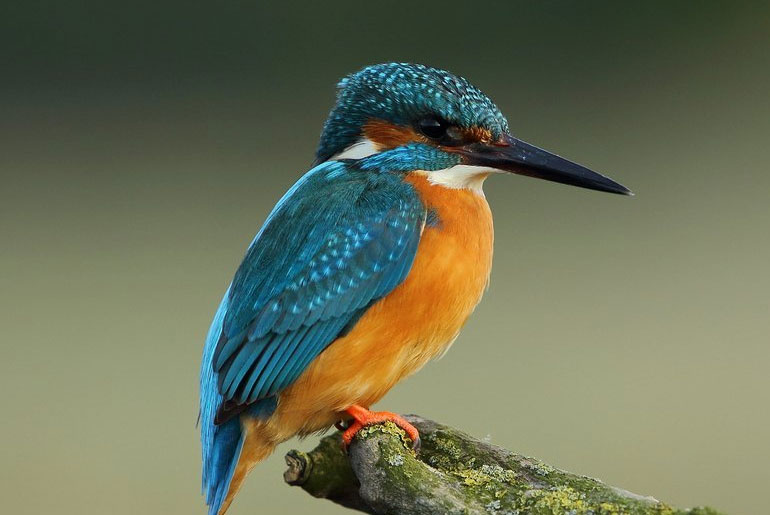The growing popularity of bird watching as a hobby transcends age and background, attracting a diverse range of enthusiasts, including younger generations alongside the traditionally associated older and retired individuals. This phenomenon reflects a universal fascination with observing birds and connecting with nature, which extends beyond cultural and geographical boundaries. Additionally, bird watching offers a sense of adventure and discovery, as enthusiasts embark on quests to spot rare or elusive species in their natural habitats.
Bird watching:
Bird watching, also known as birding, is the activity of observing birds in their natural habitat. This can involve using binoculars or telescopes to get a closer look at birds, as well as listening to their calls and songs. Bird watching can be enjoyed both indoors, such as from the comfort of one’s home by looking through a window, or outdoors, where it often doubles as a form of physical activity. As enthusiasts typically walk to various locations to spot different bird species, watching the bird promotes physical health by encouraging movement and outdoor exploration. Additionally, the act of observing birds in their natural environment fosters a deep connection with nature, providing opportunities for stress relief and mental rejuvenation.
Bird watching has a captivating quality that often leads enthusiasts to become deeply curious about different bird species. This curiosity drives individuals to seek out information about the birds they encounter, including their unique features, behaviors, and habitats. To aid in this pursuit of knowledge, a variety of birding apps are now available for download, offering tools for identifying bird species and providing valuable information about their characteristics and habits. As a result, watching the bird not only serves as a fulfilling pastime but also as an educational opportunity, allowing enthusiasts to deepen their understanding and appreciation of the avian world.
Bird watching holds a unique allure:
Bird watching holds a unique allure that goes beyond just observing feathered creatures. It serves as a powerful means of connecting with nature, offering a respite from the stresses of daily life while promoting mental well-being. Beyond its tranquil appeal, watching the bird fosters important qualities like teamwork, communication, and knowledge sharing, as enthusiasts often come together to share their observations and insights. Moreover, spending time in close proximity to nature and observing the intricate behaviors of birds can cultivate empathy for all living beings, fostering a deeper appreciation for the interconnectedness of life.
From a scientific perspective, engaging in bird watching triggers the release of “happy chemicals” in the brain, such as endorphins and dopamine, which contribute to stress relief and overall well-being. Thus, the allure of watching the bird lies not only in its ability to provide a peaceful escape but also in its capacity to nurture both individual and collective mental health.
Bird watching for mental well-being:
Bird watching indeed offers numerous benefits for mental well-being, with mindfulness being a significant one. Engaging in bird watching can foster a sense of mindfulness by encouraging individuals to stay present in the moment, focusing their attention on observing the behavior and beauty of birds in their natural habitat. This mindful practice can aid in reducing anxiety, stress, and negative thoughts, as it allows individuals to immerse themselves fully in the serene environment of nature. By quieting the mind and cultivating a sense of curiosity and appreciation for the world around them, bird watchers can experience a profound sense of relaxation and contentment, making it a valuable activity for promoting overall mental wellness.
Benefits of bird watching:
Bird watching can significantly boost mental health through various mechanisms, offering incredible benefits that extend beyond mere observation of birds:
- Stress Reduction: Engaging in watching the bird allows individuals to immerse themselves in nature, providing a serene escape from the stresses of daily life. The tranquil environment and rhythmic movements of birds can induce a sense of calm, lowering stress levels and promoting relaxation.
- Mindfulness and Presence: Bird watching encourages mindfulness, as it requires focused attention on the present moment. Observing birds in their natural habitat prompts individuals to be fully present, tuning into their surroundings and appreciating the beauty of nature unfolding before them.
- Connection with Nature: Spending time outdoors and observing birds fosters a deeper connection with the natural world. This connection has been associated with improved mood, increased feelings of vitality, and a greater sense of belonging to something larger than oneself.
- Sense of Achievement: Successfully spotting and identifying different bird species can provide a sense of accomplishment and boost self-esteem. Setting goals, such as spotting a rare bird or adding new species to a life list, can add excitement and motivation to the activity.
- Social Interaction: Bird watching often brings people together with a shared interest in nature and wildlife. Joining birding groups, attending birding events, or simply sharing observations with fellow enthusiasts can facilitate social interaction, fostering friendships and a sense of community.
- Physical Activity: Bird watching typically involves walking or hiking through natural habitats, providing moderate physical exercise. Regular physical activity is known to improve mood, reduce anxiety, and enhance overall well-being.
- Cognitive Stimulation: Identifying bird species, learning about their behavior and habitats, and keeping track of sightings can stimulate cognitive function and enhance learning. This mental stimulation is essential for maintaining cognitive health and may help prevent age-related cognitive decline.
- Creativity and Inspiration: The beauty and diversity of birds and their habitats can spark creativity and inspire artistic expression. Many bird watchers engage in activities such as photography, sketching, or writing inspired by their observations, tapping into their creative potential.
- Environmental Awareness and Conservation: Bird watching promotes awareness of environmental issues and the importance of conservation efforts. By observing birds in their natural habitat, individuals gain firsthand insight into the impact of human activities on ecosystems and wildlife, motivating them to take action to protect the environment.
Overall, watching the bird offers a holistic approach to improving mental health by providing opportunities for mindfulness, connection with nature, social interaction, physical activity, cognitive stimulation, creativity, and environmental awareness. Incorporating bird watching into one’s lifestyle can lead to lasting benefits for mental and emotional well-being.
Disclaimer:
The information contained in this article is for educational and informational purposes only and is not intended as a health advice. We would ask you to consult a qualified professional or medical expert to gain additional knowledge before you choose to consume any product or perform any exercise.








